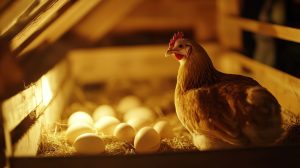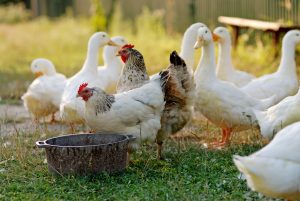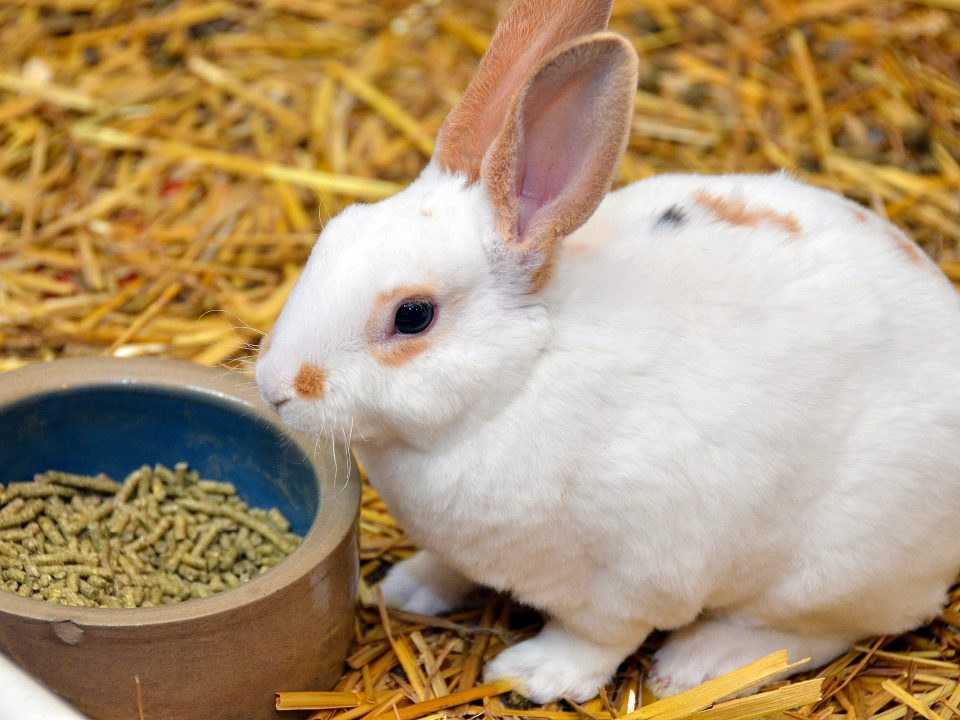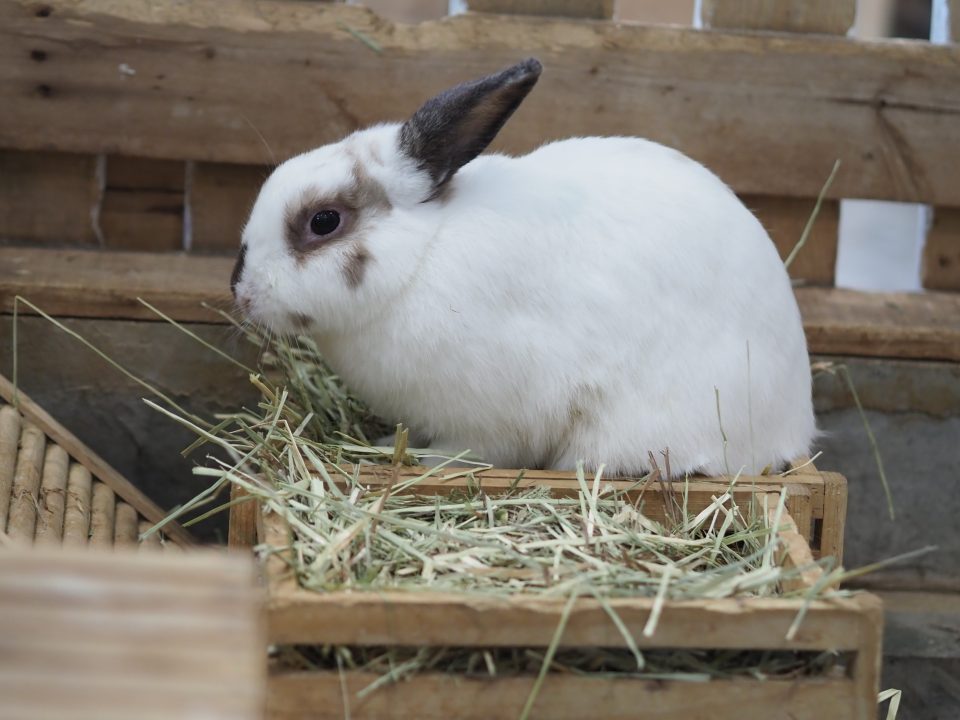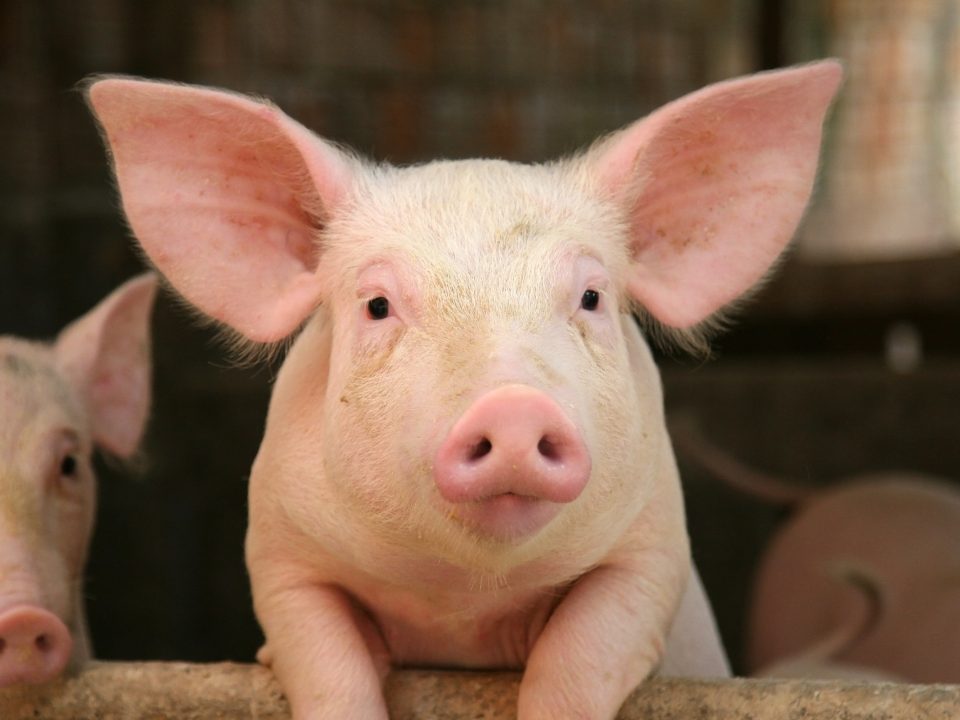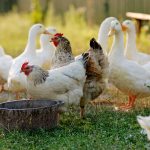
Layer Feed vs All Flock feed: What’s Best for Your Birds?
April 9, 2025How to Care for Chickens During Extreme Seasonal Changes
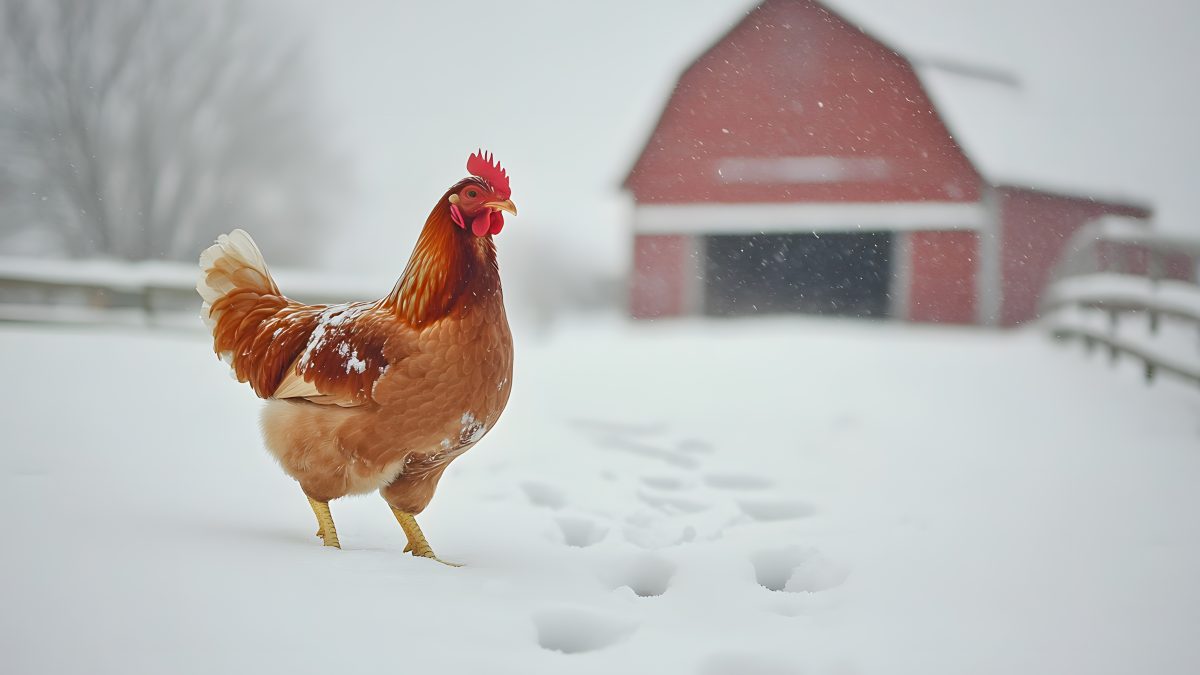
Weather Impacts on Chickens: How to Keep Your Flock Healthy Year-Round
Chickens are remarkably resilient creatures, but extreme weather conditions can pose significant challenges to their health and productivity. Whether it’s the cold of winter or the heat of summer, it’s essential to take steps to ensure your flock remains comfortable and continues to thrive. Here are some important factors to consider for both cold and hot weather care.
Cold Weather Care
During the winter months, shorter days and colder temperatures can affect your hens’ productivity and overall well-being. Here are some tips to help your flock stay healthy and productive:
Egg Care
Check your nest boxes early in the morning and several times a day, depending on how cold it is. Collecting eggs often prevents them from freezing and expanding, which leads to cracked shells. You can also winterize your nest boxes to help prevent your eggs from freezing:
- Ideally your nest boxes will be in the interior of the coop.
- Insulate your nest boxes by cutting pieces of cardboard to fit sides, top, and bottom. Do not use insulation! Chickens will eat it.
- Put deep bedding, such as pine shavings or chopped straw, in the nest boxes.
- Make curt ains for the nest box entrances from a heavy cloth, such as wool.
If you find a cracked egg, assess how bad the damage is. If only the shell is broken and the membranes are intact, wash the egg and eat it right away. If the membranes are broken, discard the egg. Do not feed broken eggs to the chickens; they will break and eat their own eggs once they realize how tasty they are!
Mental and Physical Health
The winter months can bring boredom, leading to pecking problems, also called flockmate persecution. Provide enrichment for your hens, such as scratch scattered in bedding/litter, a scratch block, a cabbage hung from the ceiling of the run, and suet baskets with lettuce and other vegetable treats (not suet!) tucked inside.
Country Companion Scratch Grains can provide energy and keep your birds’ metabolism going at night when it’s cold! Feed only a handful of scratch in the evening. Be careful not to overfeed; extra fat on their body can lead to egg binding and other health issues.
Winterizing Your Coop
While chickens can tolerate low temperatures, sudden temperature changes can be challenging for them. A heat source such as lightbulb in a safety cage (Beware: it’s a potential fire hazard!) or heat panels can be used to raise the temperature about 10° F above outdoor temperature. Heat only part of the coop; this allows the birds to choose where they are most comfortable. Other ways to winterize the coop include:
- Putting extra bedding in coop
- Providing heated perches
- Making sure the coop is well ventilated
- Eliminating moisture and drafts, especially around roosts
- Covering the coop and part of the run with tarps or heavy plastic (not blankets)
Light
Chickens lay in response to the photoperiod, or amount of light they get per day. They need about 14 hours of light per day to lay their best. Check out the post “Feeding Chickens in Winter” by Nutrena for more information.
You can supplement light by installing a bulb that comes on in the early morning. If you do choose to provide extra light, it’s best to limit it to 16 hours per day. However, you may choose to give their bodies a break for the winter months.
Water
Fresh water is critical for egg production. Your birds’ bodies and their eggs are mostly water, and they need to continually replenish this vital element. Slight dehydration may cause hens to go out of lay. Cold weather presents unique challenges because waterers freeze quickly. Heated waterers are especially helpful, but they require an electric outlet in the coop or a very long extension cord. Another alternative is to have a couple of waterers so you can place a fresh one outside for your birds while the other is inside thawing.
Feed
Once you’ve addressed the factors above, consider if your birds are getting the nutrition they need to be productive. Continue to feed your birds a balanced layer ration even though they might not be laying. They will need to be in top shape when days start to lengthen to go back into lay. Your birds will eat a bit more in the winter, so be sure to keep feed available at all times.
Hot Weather Care
This crowd-favorite season means outdoor activities galore, and with some easy planning for us humans, we can manage the heat with cooler, lighter clothing, hydration and shade, but what about our feathered friends? Here’s what to do when keeping chickens cool!
Because chickens cannot sweat, it makes them much more susceptible to overheating. Chickens normally lose heat as warm blood flows through the comb, wattles and limbs, cools, and is returned to the body’s interior.
Problems occur in extreme heat, when the chicken’s temperature (on average 102-103 degrees F) cannot be reduced by this method. Heat stroke, low egg productivity, or death can happen.
Heat Stroke Symptoms:
- Panting with wings spread to release extra heat
- Reduced feed intakes (can negatively impact egg production and overall health)
- Increased water intakes (can result in diarrhea)
Hot Weather Care Tips:
- Water: A hydrated bird is able to regulate its temperature more efficiently and keep its egg production up. An egg is almost 75% water so keeping this nutrient available is essential for egg production. A fresh supply of cool, clean water is a necessity year-round, but especially in the heat of summer. Have more than one source of water, so chickens don’t have to move far or fight to get it.
- Shade: Coops and runs should be partially shaded if possible. Keep the shaded area large enough so that birds aren’t huddling in a small space. Chickens without shade tend to stay inside, away from cooling breezes. If you have darker birds, they’ll need more shade to stay cool and reduce fading, since they don’t reflect sunlight like light birds. Conversely, white birds may take on a “brassy” appearance from having their feathers exposed to too much sun.
- Ventilation: Proper ventilation is a must. It provides comfort by removing moisture, ammonia and other gases, and provides an exchange of air. Mesh-covered windows let air in and keep predators out. A wire mesh screen doors helps keep the coop cooler at night. Increase circulation with a fan.
- Dust Baths: Chickens love taking dust baths and working the cool dirt particles into their feathers. Soil, mulch and sand all work for dust bathing areas. If your chickens are confined, you can make a great dust bath for them by filling a large shallow container with your chosen material. Your chickens will be happier, cleaner and cooler if you provide a good dust bathing area for them.
- Treats: Provide chilled or frozen summer treats. Create your own giant popsicle by floating fruit and treats in a bowl of water and freezing. Chickens also love fresh fruits and veggies from the garden (who doesn’t?). As with all treats, don’t overdo it. Feed no more than 10% of the total diet in treats, and make sure a complete layer feed is the main source of food. Avoid high starch grains, such as corn, which heat up a chicken’s body temperature during digestion.
- Low Stress: Keep stress levels down and avoid getting your birds all worked up. Give them plenty of room to stay calm, cool and quiet. No one wants to “play chase” or be held on a scorching day.

